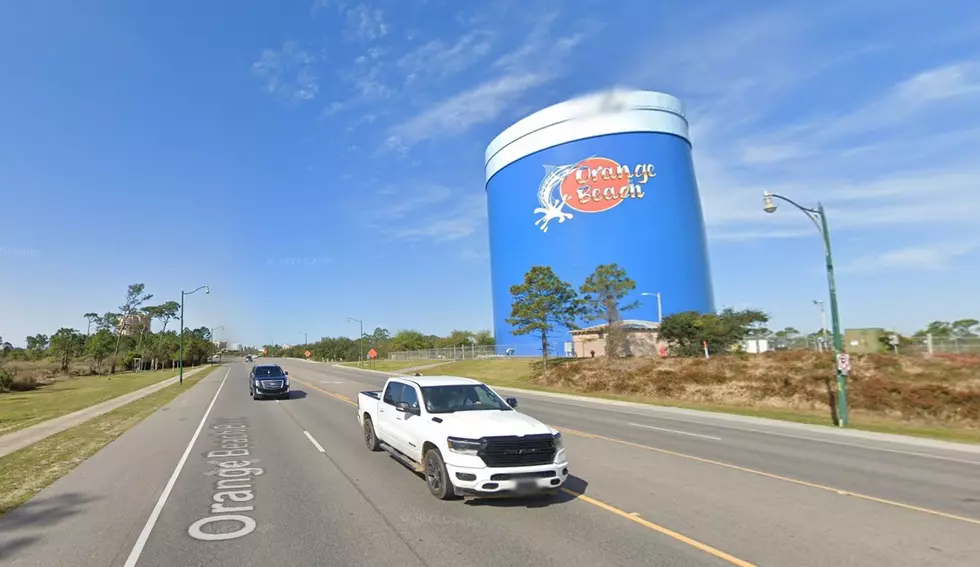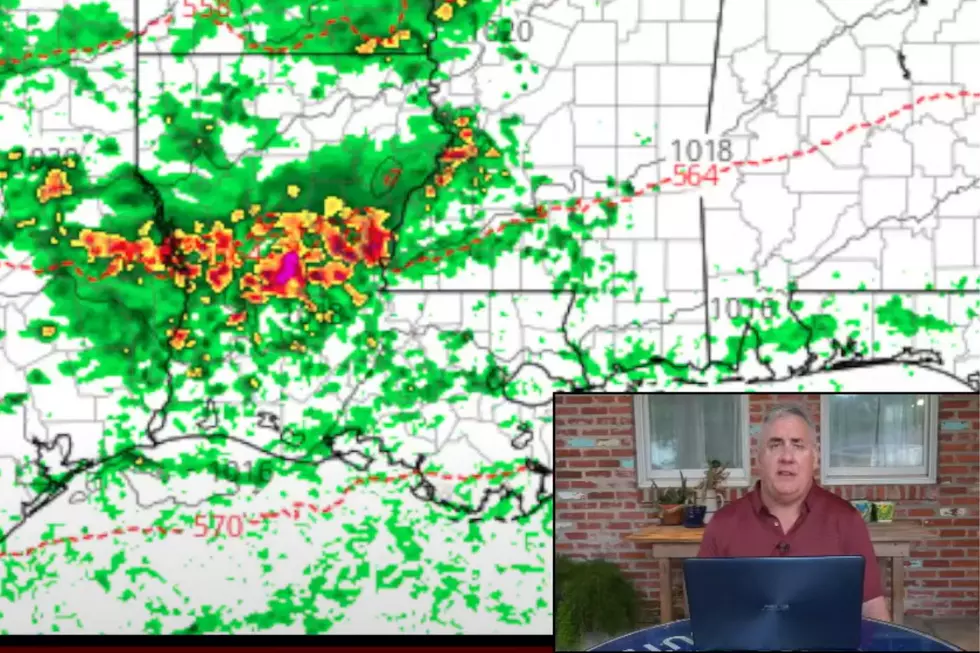
Changing the Tires on Your Vehicle Can Get You Pulled Over for Speeding in Louisiana
LAFAYETTE, La. (KPEL News) - You have just had a fresh set of tires installed on your vehicle and you feel great about your ride! Sure, your wallet may be much lighter (tires can sure be expensive!) but your ride feels smoother as you have replaced those old worn out tires with brand new ones.
Then, one day, you are driving along and you get pulled over. Maybe it's a busted taillight that you didn't notice. Or something else. Then, the police officer asks you that very well-known question, "Sir/Ma'am, do you know how fast you were going?" You look at the speedometer and you reply "But I was going the speed limit. Surely you aren't pulling me over for speeding."
The scenario I gave you is one similar to a story told to me by a local police officer. In his story, he asked the driver he had pulled over if the tires on the vehicle had recently been changed. When the driver responded "yes" that's when he explained the following to them.
A common problem with changing a tire(s) and wheel size on a vehicle is that it can cause a speedometer to read inaccurately. As evanstire.com explains, the faster you drive the more your speedometer's reading will be off, lower than the actual speed you were going.
A larger tire has a higher circumference and fewer rotations as you roll along the highway. Because the tires rotate slower, the speedometer reads this as a lower speed.
When your vehicle was made, the manufacturers tailored the speedometer to fit with the size of the tires installed on it. As tires-easy.com explains, your speedometer needs to be re-calibrated when your tire size changes.
One rotation of the tire will take you further on your new tires than on your old tires. If the speedometer was never re-calibrated with the new tires, it will register a slower speed than you are travelling. For example, if your tire was 3% taller (still within approved guidelines for plus fitments) the gearing and operation of the vehicle would be fine, however your speedometer would show 60 mph, when in fact you are traveling 63.3 mph.
Does your speedometer need to be re-calibrated? Ask your mechanic and drive carefully.
The History Behind Lafayette's Street Names
Gallery Credit: Ian Auzenne
See the Must-Drive Roads in Every State
Gallery Credit: Sarah Jones
More From News Talk 96.5 KPEL









